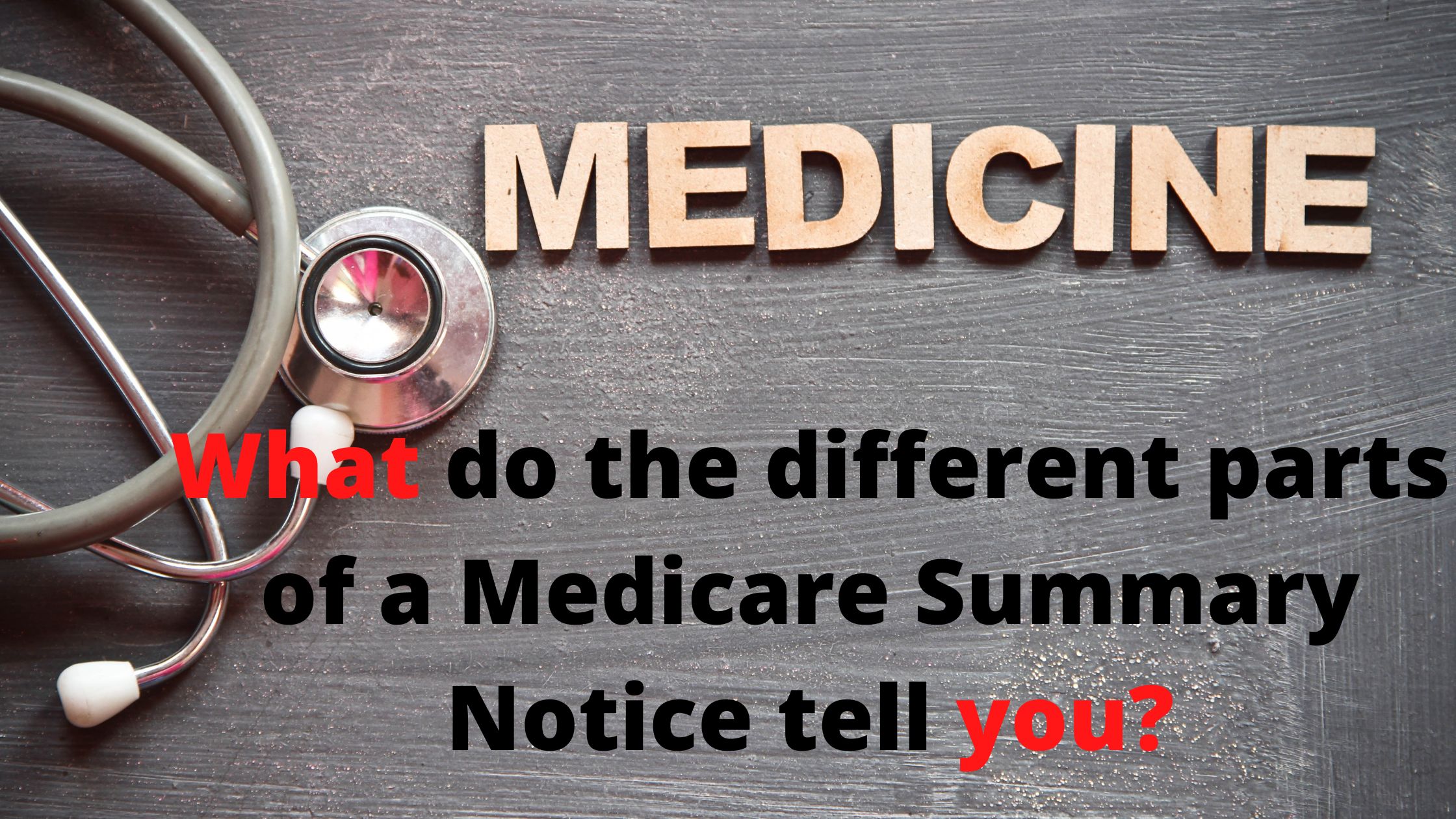Every year, Medicare sends out millions of notices to patients – summaries of changes that will be taking place with their health care coverage in the upcoming year. Patients who do not receive these notices can run into some very big problems when it comes to their health care, so make sure you’re getting your summary notice this year!
What is a Medicare Summary Notice?
A Medicare Summary Notice (MSN) is a letter sent to patients by their Medicare provider that summarizes their Medicare coverage. The MSN is designed to help patients understand their benefits and coverage and to remind them of important dates and deadlines. Patients can request a copy of their MSN from their Medicare provider.
What do the different parts of a Medicare Summary Notice tell you?
A Medicare Summary Notice (MSN) is a document that tells you important information about your Medicare coverage. The different parts of an MSN tell you about how much money you will owe and what you need to do to pay it.
The first part of an MSN is the Part A summary. This part tells you how much money you will have to pay each month for Part A, which covers in-patient hospital care and some outpatient services.
The second part of an MSN is the Part B summary. This part tells you how much money you will have to pay each month for Part B, which covers doctor visits, tests, and medicines.
The third part of an MSN is the Part D summary. This part tells you how much money you will have to pay each month for Part D, which covers prescription drugs.
You should get an MSN every month if you have Medicare coverage. You can also get an MSN if you are getting Medicaid or CHIP coverage.
When should you provide a Medicare Summary Notice to a patient?
When you are providing care to a Medicare patient, it is important to be familiar with the Summary Notice requirements. This notice is a summary of the patient’s benefits under Medicare and is typically sent to the patient annually. The purpose of this notice is to ensure that patients are fully aware of their benefits and rights under Medicare.
When should you provide a Summary Notice to a patient?
The Summary Notice should generally be provided to a Medicare patient annually, unless there is an indication that the patient may not be aware of their rights or benefits under Medicare. For example, if a patient has been discharged from the hospital, they may no longer be covered by Medicare. In these cases, it would be important to provide the Summary Notice as soon as possible after discharge in order to ensure that the patient is aware of their rights and benefits. Additionally, if there are any changes in the patient’s health status that may affect their eligibility for Medicare, it is important to provide them with a Summary Notice so that they are aware of these changes.
What are the consequences of not providing a Medicare Summary Notice to a patient?
If you are a Medicare provider and you do not provide your patients with a Medicare Summary Notice, you may be in violation of state law. In addition, Medicare may penalize your practice for not providing this important document to your patients. The consequences of not providing a Medicare Summary Notice can be significant, including financial penalties, loss of Medicare benefits, and even criminal prosecution. It is therefore important that providers understand the importance of providing this document to their patients and take appropriate steps to ensure compliance.

